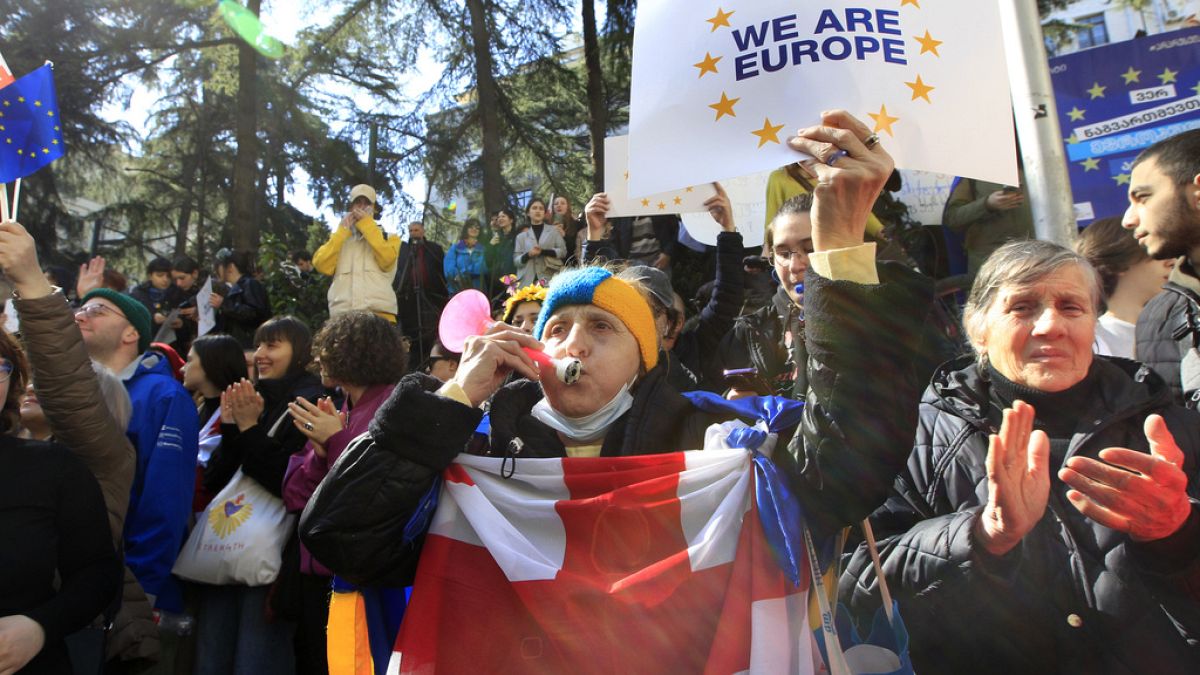The EU's top diplomat is in Tbilisi to discuss EU integration. The Balkan State applied for candidate status in March 2022 along with Ukraine and Moldova
The European Union is open to Georgia becoming a member, the EU foreign policy chief Josep Borrell said Thursday, but warned Tbilisi needed to implement sweeping reforms to get candidate status.
The EU recognised Georgia's "European perspective" last year but deferred its membership application, while granting candidacy to Ukraine and Moldova, arguing Tbilisi needed to make changes first.
"The European Union door is open to Georgia, and the European Union is committed to supporting Georgia on its path towards the European Union membership," Borrell told a news conference in Tbilisi.
"Candidate status ... needs to be earned through serious reforms and adherence to the European Union values. And to be frank, there is still quite a bit of work to be done," he added.
"Georgia should use the short remaining time to address the key reforms requirement."
The European Council is due to review Georgia's progress in its reform programme in October and consider the next steps in the country's accession process.
The EU's conditions include ending political polarisation, improving freedom of the press and courts, electoral reforms, and "de-oligarchisation."
Georgian authorities have faced mounting international criticism over a perceived backsliding on democracy and engaging with the Kremlin, seriously damaging Tbilisi's ties with Brussels.
The ruling Georgian Dream party has insisted it remains committed to Georgia's EU and NATO membership bids, enshrined in the constitution.
According to opinion polls, it is supported by 80% of the population.
However, in March, Georgia was rocked by protests after the government introduced a Russian-style law on "foreign agents", and in May the government reopened direct flights with Russia, drawing condemnation from the EU.
